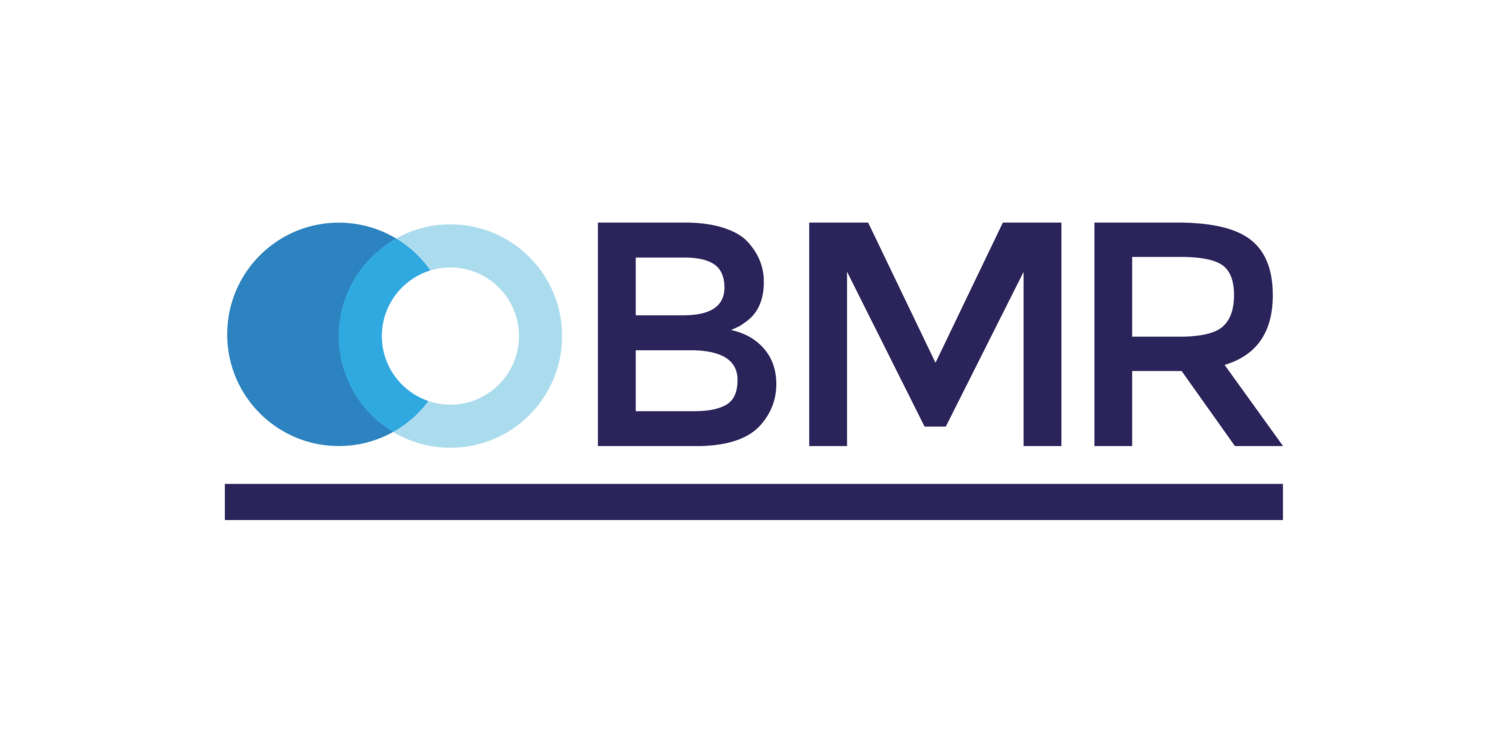From Trauma to Triumph: Confronting the Silent Crisis Facing Young Men
On International Men’s Day (19 November), we often talk about celebrating the positive contributions of men and boys. But this year, we also need to talk about something harder—and far more urgent: the growing mental health crisis among young men.
The 2025 International Men’s Day theme is clear and powerful: Zero Male Suicide. It’s a bold but necessary goal—and one that demands open conversations, earlier interventions, and collective action.
In the UK, suicide remains the leading cause of death for men under 50. In 2023 alone, more than 4,400 men died by suicide. Many were sons, brothers, partners, fathers. Most had no criminal history, no hospital record. Many never asked for help.
One of them was George Ellis, a veteran, a loved son, and part of a close-knit family. George’s death in 2021 was one of 253 veteran suicides that year—a heartbreaking statistic made even more personal by the fact that his father, Adrian Ellis, has since chosen to share their story publicly.
The Ripple Effect on Families
The impact of suicide doesn’t stop with the individual. It ripples through families—leaving behind not just grief, but trauma, guilt, and a thousand unanswered questions.
When a man takes his life, his loved ones are often left wondering:
Why didn’t he tell us?
Was there something we missed?
What could we have done differently?
Suicide is often sudden, but rarely without warning. The problem is that the signs are subtle, and society often teaches men to keep their struggles to themselves. Strength, for too long, has been equated with silence.
Breaking the Silence, Changing the Story
As part of International Men’s Day, BMR Health and Wellbeing is hosting a powerful, personal webinar: “Turning Trauma into Triumph”, presented by Adrian Ellis—George’s father, mental health advocate, and passionate speaker.
In this session, Adrian will explore:
How to spot early warning signs in friends, family, or colleagues
Why people—especially men—often avoid seeking help
How trauma can be transformed into strength with the right support
Strategies to create safer spaces at home, at work, and in our communities
This year’s theme of Zero Male Suicide reminds us that prevention starts with connection. This webinar isn’t about statistics. It’s about people—real families, real losses, and the very real hope that comes when we finally talk openly about what’s killing our young men.
What We Can Do—Together
We don’t need to wait for a crisis. We can:
Encourage the men in our lives to speak openly
Create non-judgemental spaces for listening
Reach out regularly—not just when something’s “wrong”
Learn to recognise quiet distress, not just dramatic symptoms
Support grieving families with compassion, long after the headlines fade
Be Part of the Change
You don’t need to be a therapist to save a life. You just need to care enough to show up.
🗓 Turning Trauma into Triumph with Adrian Ellis
📅 Wednesday 8 October
🕰 11.30am – 12 noon
📩 Register by emailing: kirstine@bmrhealthandwellbeing.co.uk
Let’s honour George—not just by remembering his story, but by making sure it’s not repeated.
Let’s support this year’s call for Zero Male Suicide.
Let’s turn silence into support, and trauma into triumph.

